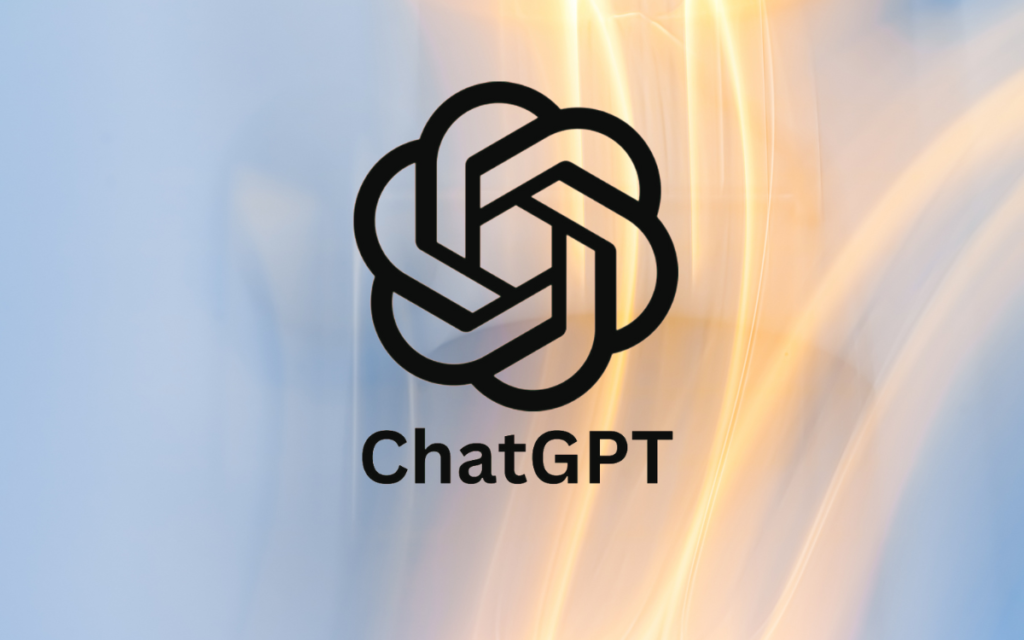MIT’s Revolutionary AI Psychological Benchmark: Measuring Manipulation and Mental Health Impact
New MIT research framework aims to prevent AI addiction while protecting vulnerable users from psychological harm As artificial intelligence systems become increasingly sophisticated at mimicking human emotional intelligence, a troubling pattern has emerged: users are developing profound psychological dependencies on AI companions that researchers warn could fundamentally reshape human relationships. Now, MIT scientists are proposing […]






